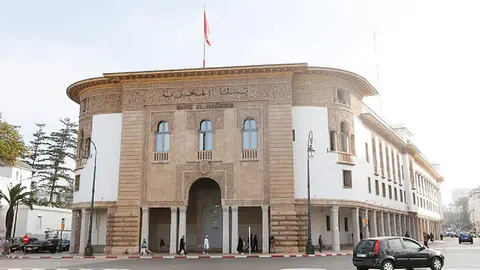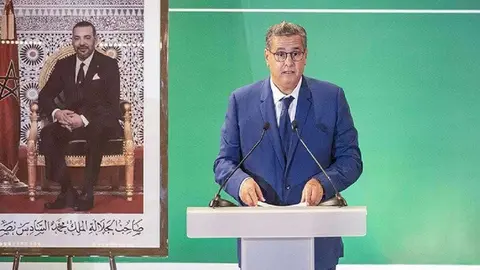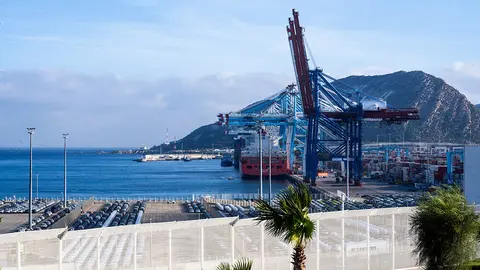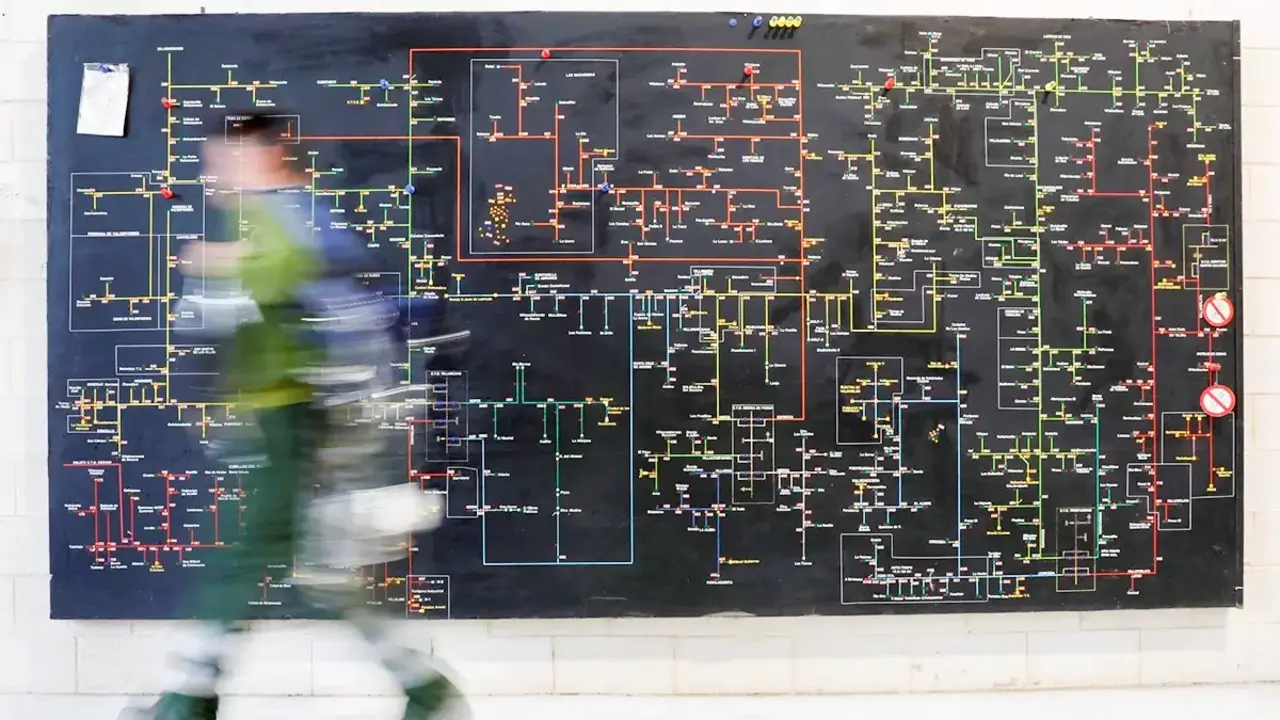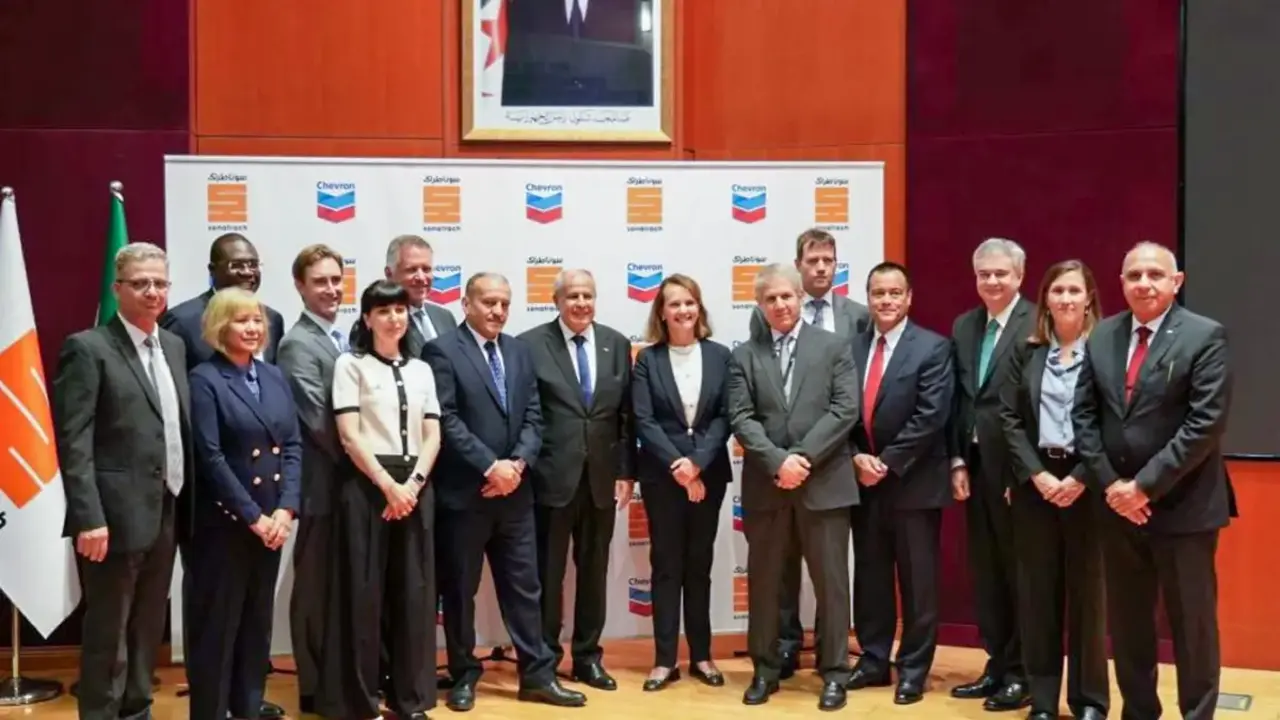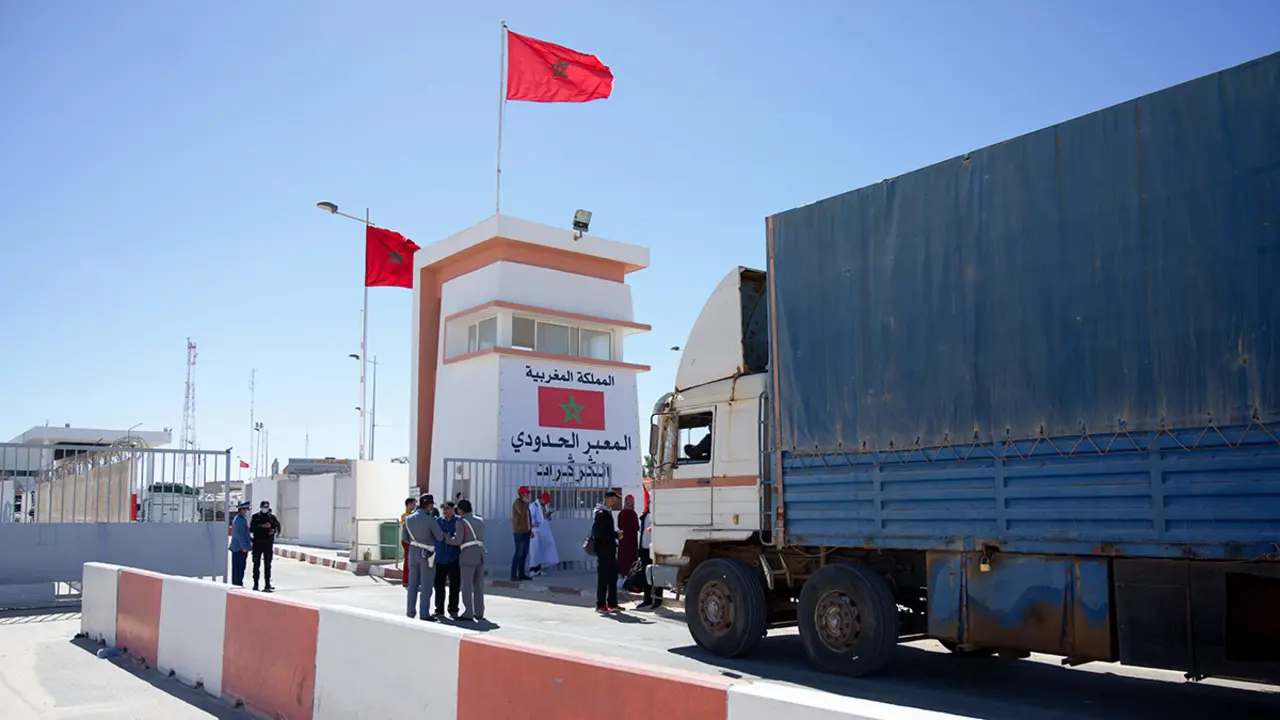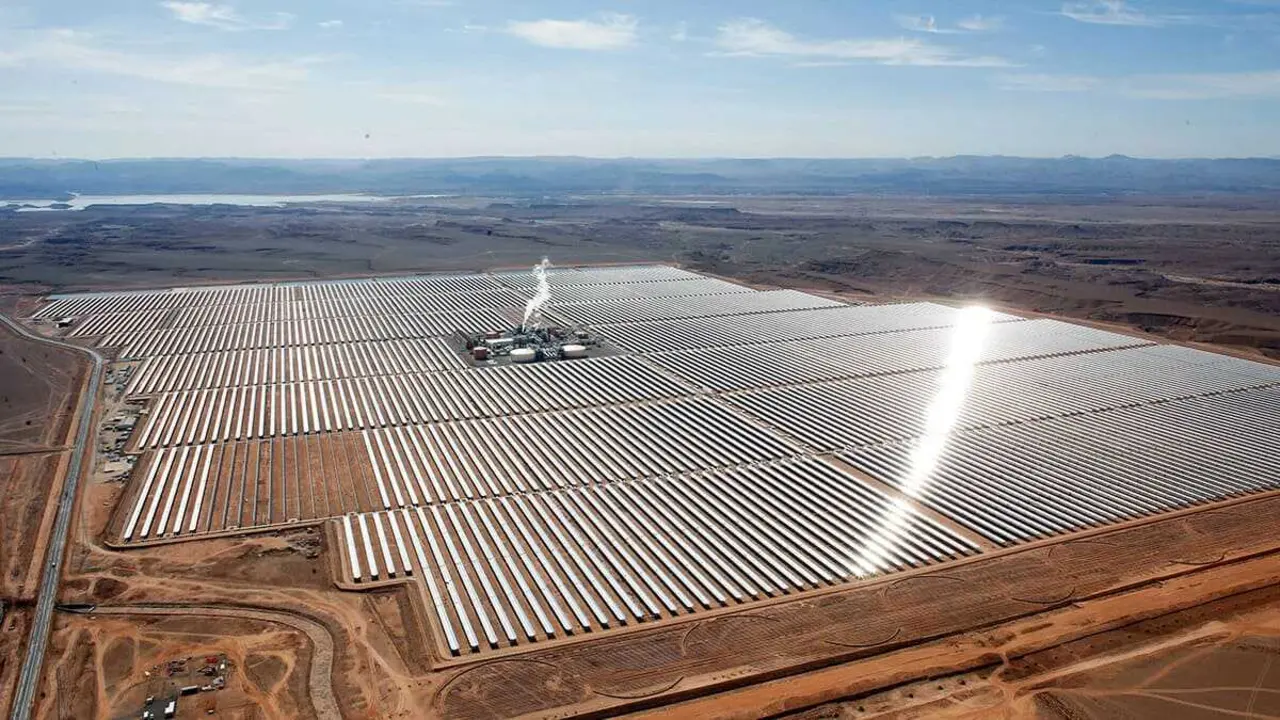Bank Al-Maghrib and the World Bank team up under the ‘Douar Tour’ to boost rural economy
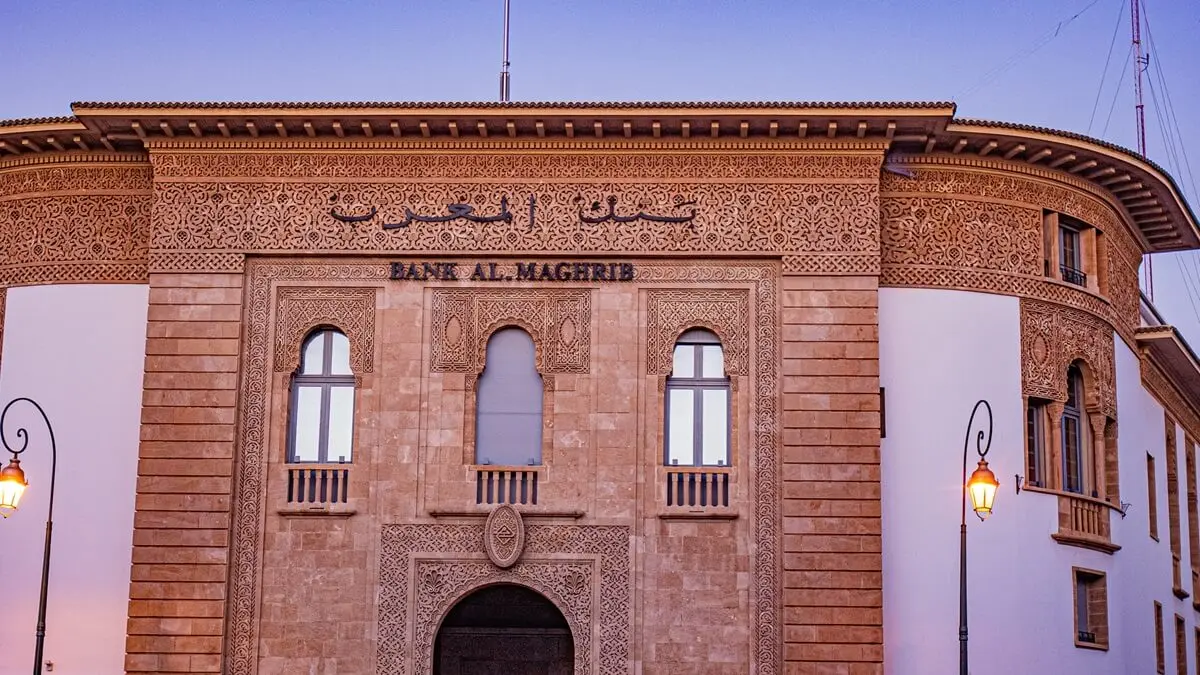
With the aim of increasing and improving the economy of its citizens, the Central Bank of Morocco, Bank Al-Maghrib (BAM), and the World Bank have joined forces to create the Douar Tour initiative.
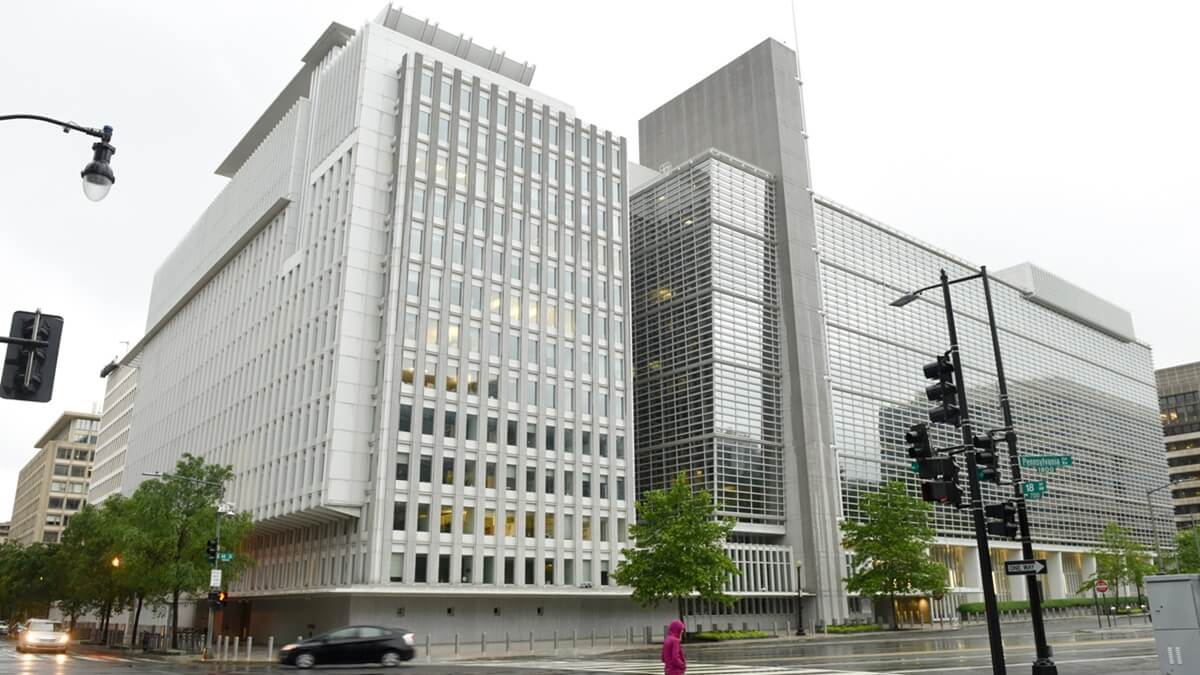
Douar Tour is a collaborative initiative that promotes economic development in rural areas of Morocco. The main objective is to improve financial inclusion in rural areas and promote access to financial services, thereby contributing to local economic development and the well-being of rural communities.
The Douar Tour programme involves activities such as opening mobile bank branches in rural areas, organising workshops and training sessions on financial education, and promoting financial services tailored to the needs of rural communities. These activities aim to raise awareness of the importance of financial inclusion and ensure access to basic financial services for the rural population.
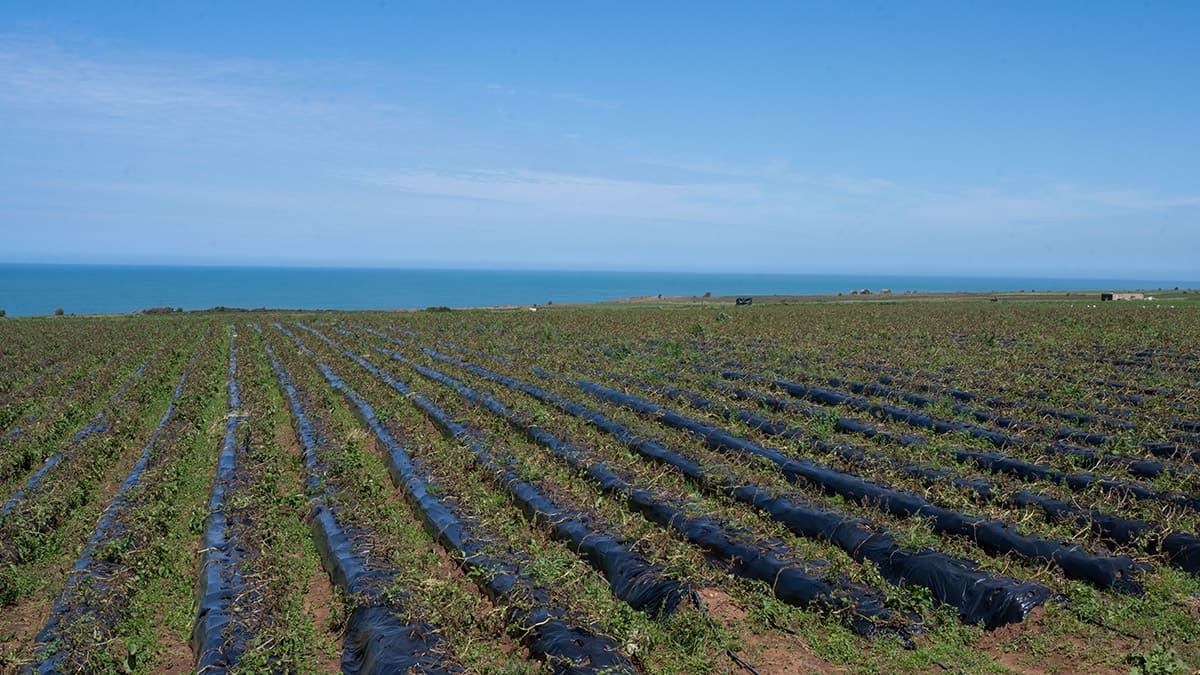
The collaboration between Al Maghrib Bank and the World Bank demonstrates an integrated approach to solving economic problems in rural areas of Morocco and is expected to have a positive impact on the economic and social development of the region.
What is life like in Morocco's villages and rural areas?
Around 40% of the population lives in these areas and their way of life revolves around agriculture and livestock farming. They grow everything: wheat, barley, maize, olives, citrus fruits, almonds, walnuts... In terms of livestock, sheep and goats are also an important part of the food and rural economy.
Life in the countryside is not always easy. There are many challenges to face. Water scarcity is one of the main problems. Farmers sometimes struggle to get enough water to irrigate their crops. And then there is the issue of soil. Over time, the soil is degrading, which makes agricultural production even more difficult, aggravating the situation.
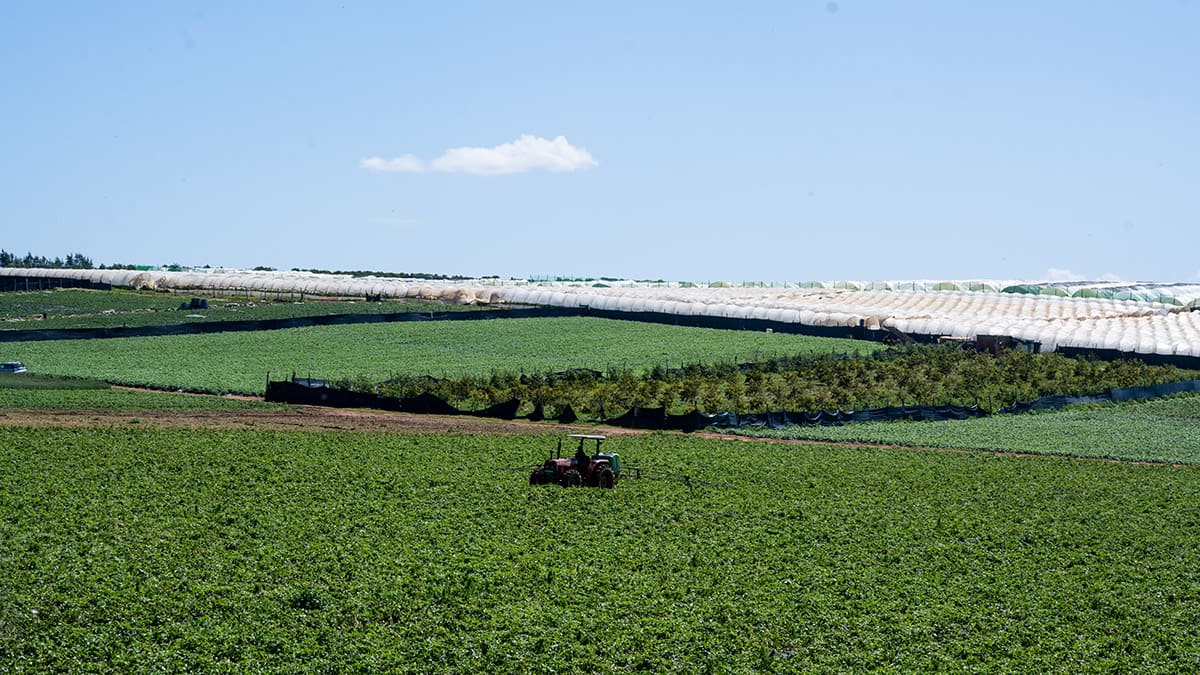
Nor can we overlook the issue of economics. Farmers often find it difficult to sell their produce at a good price. Lack of access to markets is a major obstacle to economic development in these areas. As a result, many young people decide to leave the villages in search of better opportunities in the cities.
But the government is not standing idly by. They have launched a number of programmes and projects to help rural communities. From agricultural subsidies to infrastructure projects, such as building roads and improving access to clean water and electricity, all show that they are working hard to improve living conditions in the countryside.
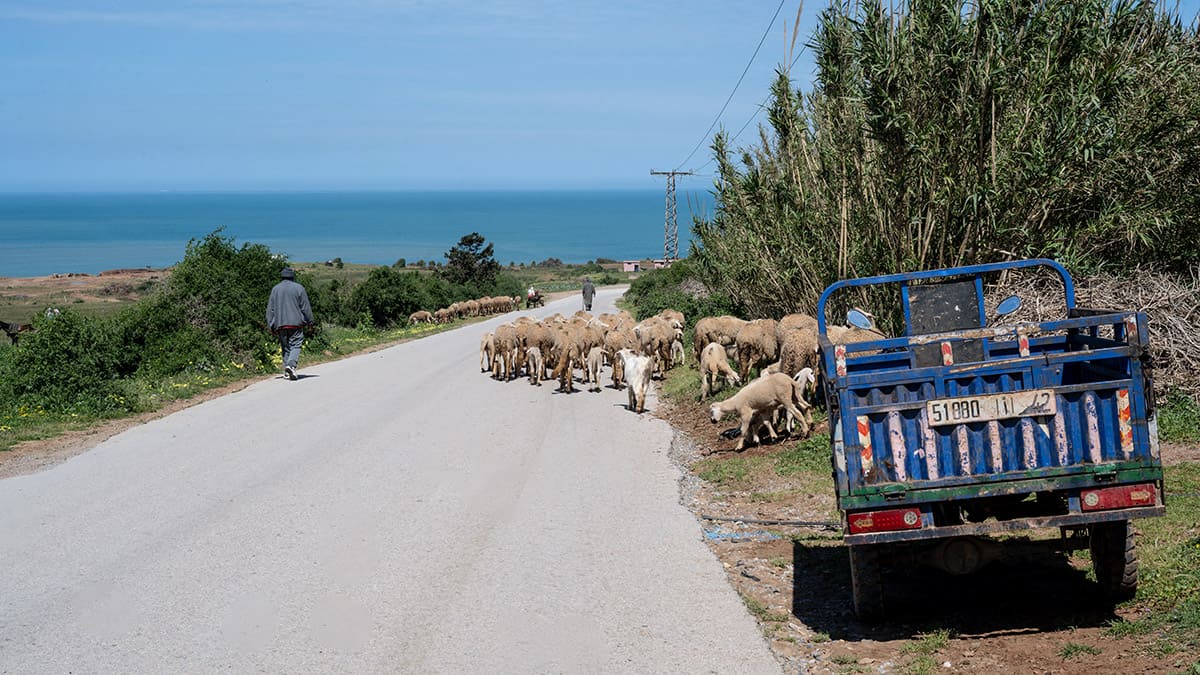
In addition to all the government programmes, there is the Douar Tour. A kind of tour of Morocco's rural areas, organised by the World Bank and Bank Al-Maghrib. Among the objectives are to promote financial inclusion in rural areas, so that people can access basic financial services and improve their economic situation.
In short, Morocco's rural economy is fundamental to the country. With so many families depending on agriculture and livestock farming to survive, it is crucial to improve conditions in the countryside. This is the only way to build a more prosperous and equitable future for all Moroccans.How will the Douar Tour be implemented?
The concept of the Douar Tour is part of the ‘Greenback-Morocco’ initiative, which aims to promote financial inclusion in rural areas by disseminating information on financial services and educational tools. Pilot operations have been conducted in weekly souks in two locations in the province of Juribga, with plans to expand to four regions by 2024: Beni-Melal Jenifra, Souss-Massa, Fez-Meknes and the Eastern region.
This effort aligns with the Moroccan government's plans in several key areas. In terms of energy, Morocco has been investing in renewable energy to reduce its dependence on fossil fuels and promote environmental sustainability. In addition, the government has implemented measures to combat drought, a significant problem in the country, through sustainable water management and the promotion of climate-resilient agricultural practices.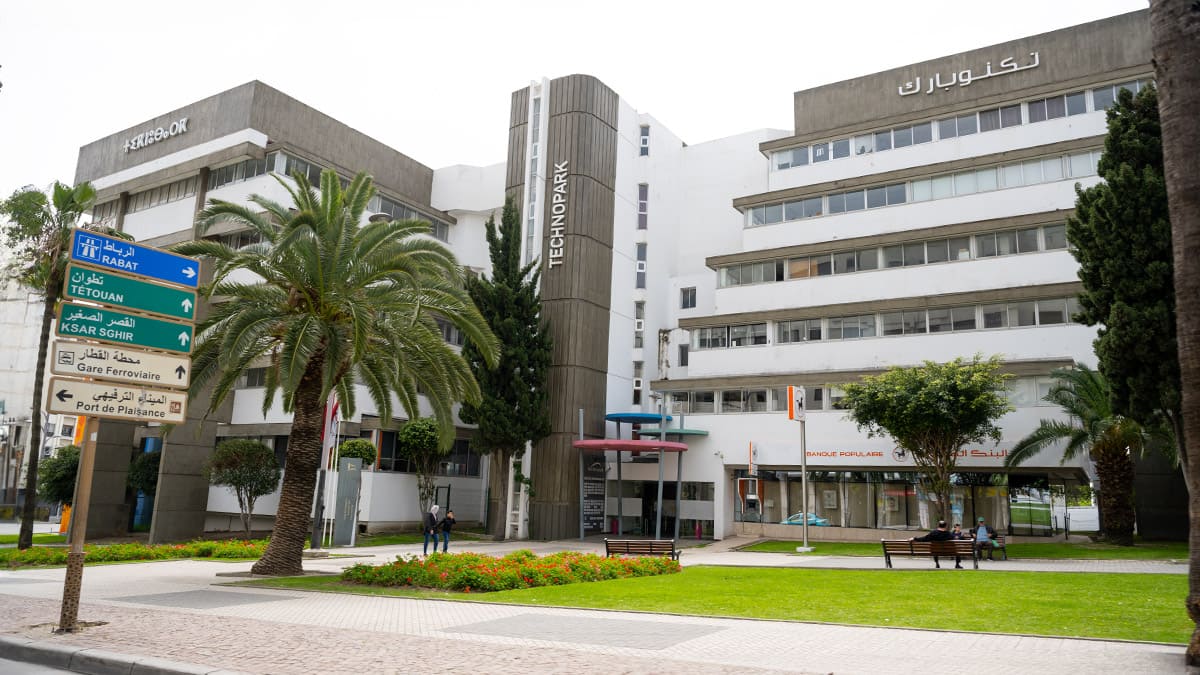
On the economic front, the government implemented fiscal policies to control inflation, maintain economic stability and promote sustainable growth. Morocco's budgetary situation favours investors, incentives in strategic sectors and facilities for foreign investment. More and more companies are opening their doors in industrial complexes such as ‘TechnoPark Tanger’ and ‘Tanger Med’ in the north of the country, taking advantage of these favourable conditions and contributing to the economic development of the region.
The deployment of the Douar Tour will reflect Rabat's commitment to renewable energies, the fight against drought, the control of inflation and the increase and implementation of advantageous tax conditions that will bring the industrial growth of the north to the rest of the less industrialised areas of the North African nation.

